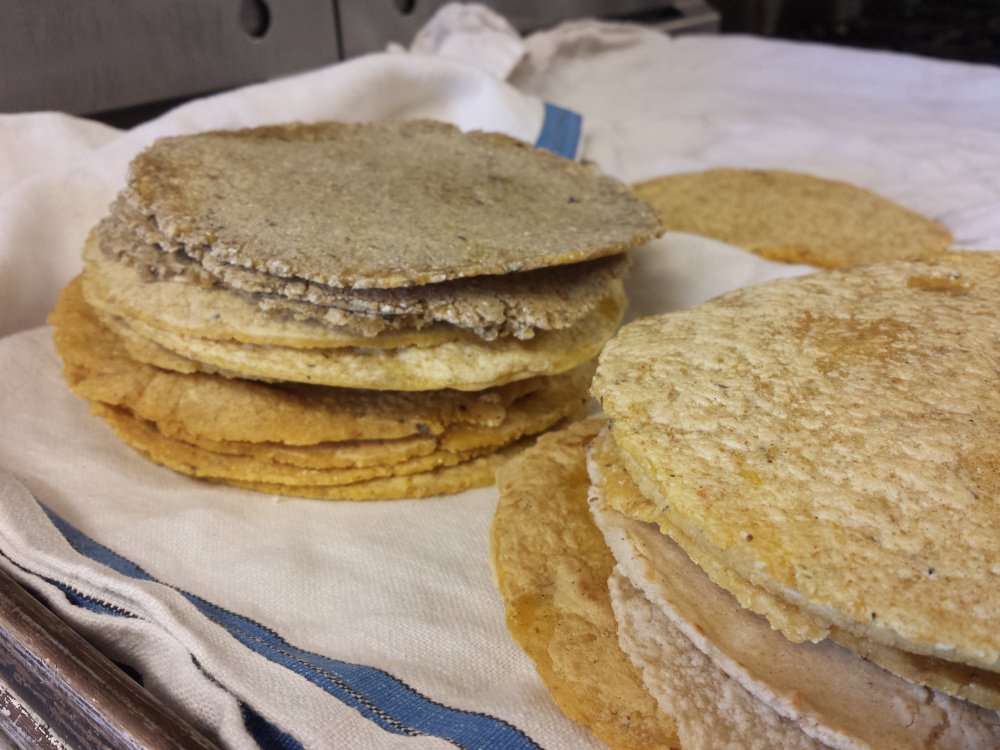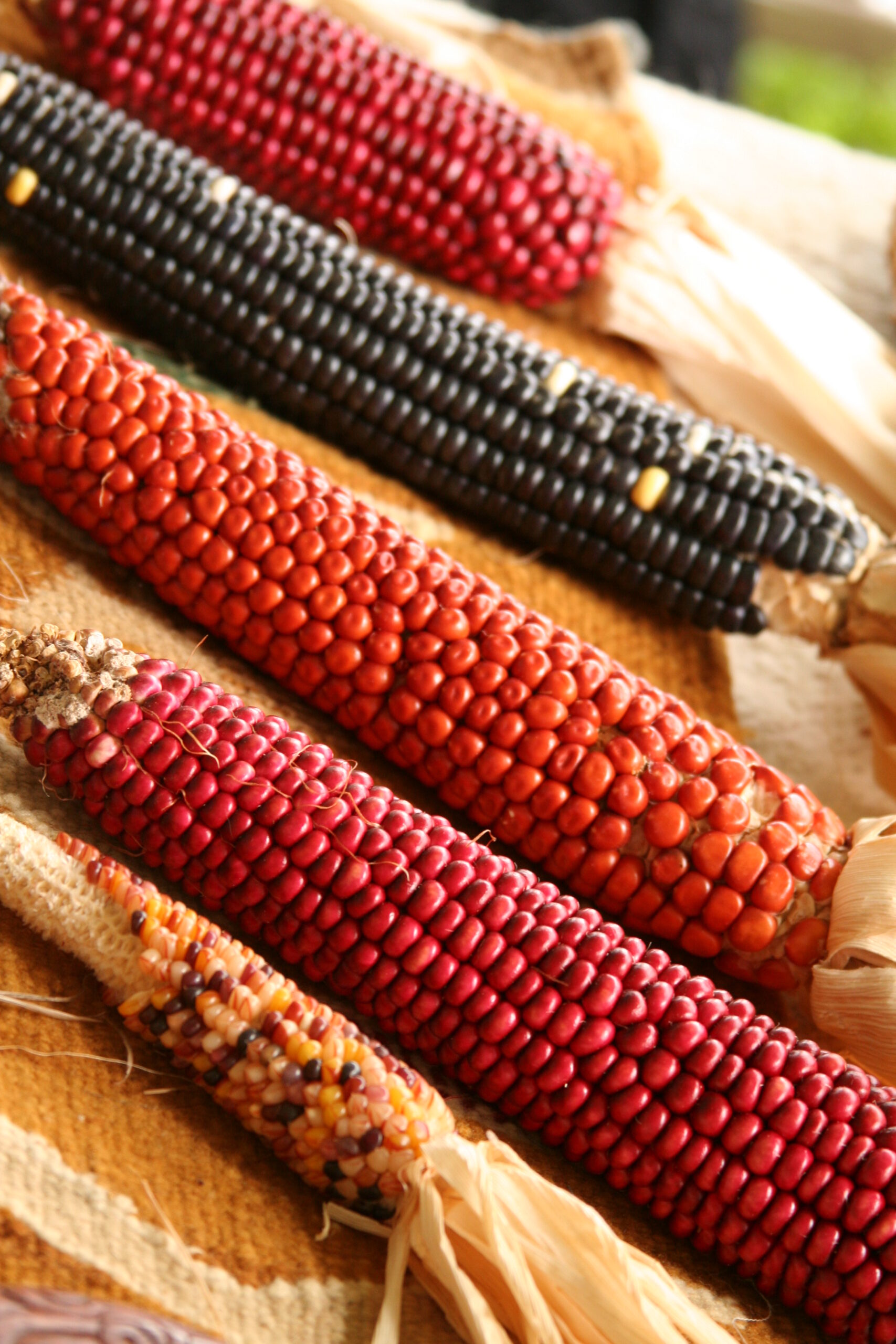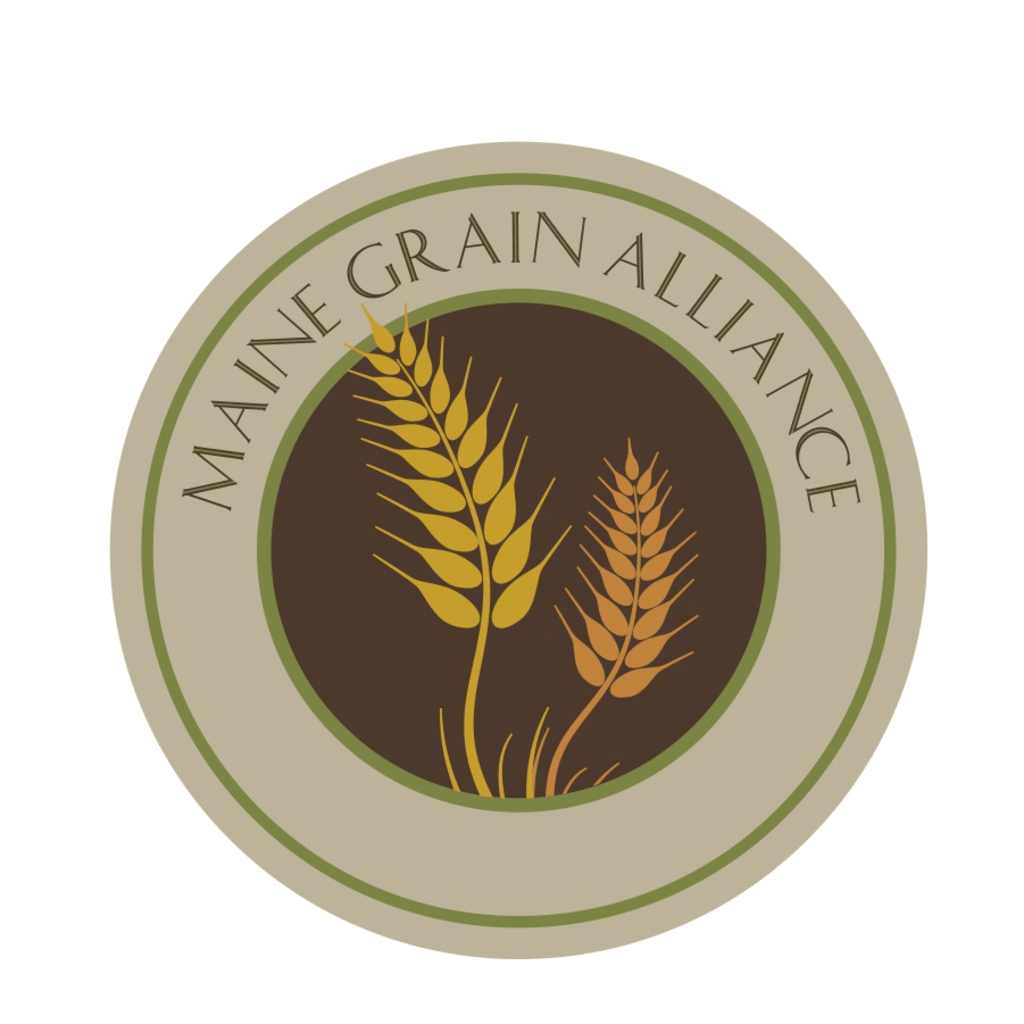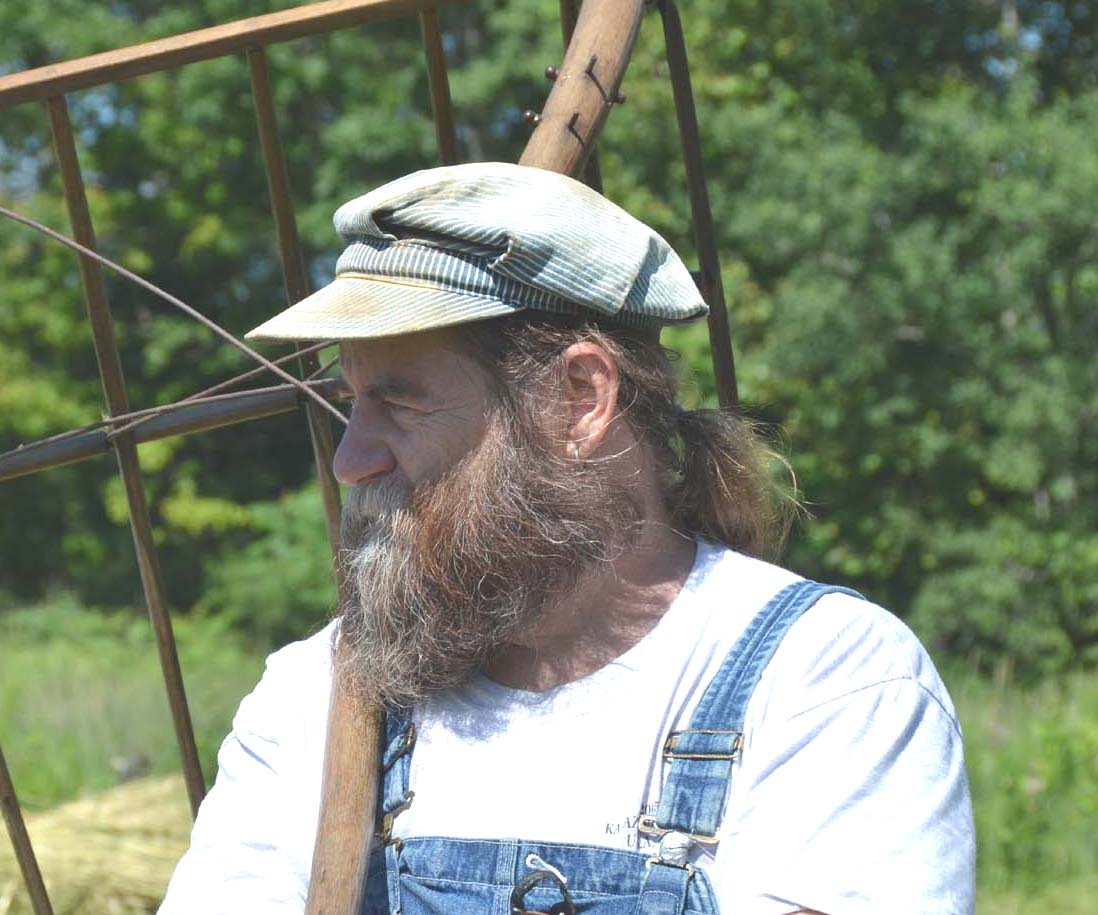December 22nd, 2020
4-6PM EST
Zoom
Cost: $40
In this workshop we will be covering corn from its earliest association with humans to the present. We start with a look at what is known about how corn became an agricultural staple of the ancient world on this continent. We cover this not only from an archaeological/anthropological perspective, but look at the science underlying how it was domesticated and what its wild ancestors were. It next underwent a major transformation when the ancients began to treat corn with lime- nixtamalization. This was when the tortilla as we know it came into being. We will look at the major cultivated strains of corn, their uses, and the science underlying nixtamalization. Moving to the practical, raising heirloom corn, seed saving and its handling from seed to field thence to grain will be detailed. Stepping into the kitchen, we will cover baking recipes for untreated corn and preparing the grain for food use. Next comes demonstrating the process of nixtamaliztion, getting corn ready for the Mesoamerican kitchen, and the making of tortillas from scratch. Sources for materials and equipment will be discussed.
A question and answer period will follow.
Meet The Presenter:
Dusty Dowse
Harold “Dusty” Dowse has been baking for a half century and is the Baking Education Coordinator for the Maine Grain Alliance, Director of the Maine Artisan Bread Fair, and Resident Baker. He has developed a year-round workshop program to help participants develop artisan baking skills and start bakeries. He is Professor Emeritus of Biology and Mathematics at the University of Maine and brings this background in research and teaching to his study of bakery science and practice. He leads a team of bakers that produces bread for the volunteers at the Common Ground Fair, put on by the Maine Organic Farmers and Gardeners in Unity every September. His team bakes bread for MGA to vend at the Bangor Harvest Fest each November and has his own artisan bakery, Lammastide Bakers, in his home town of Cambridge, Maine.



